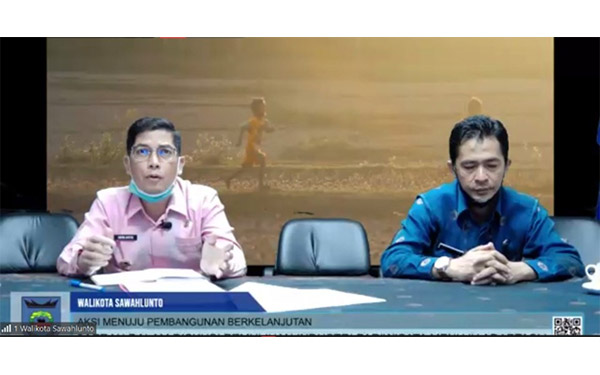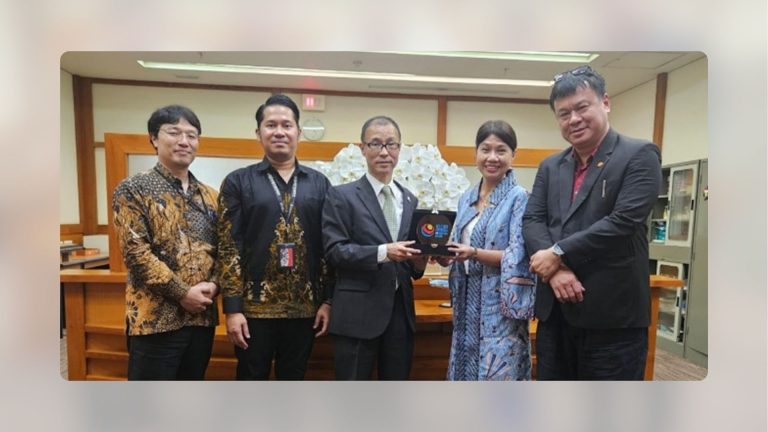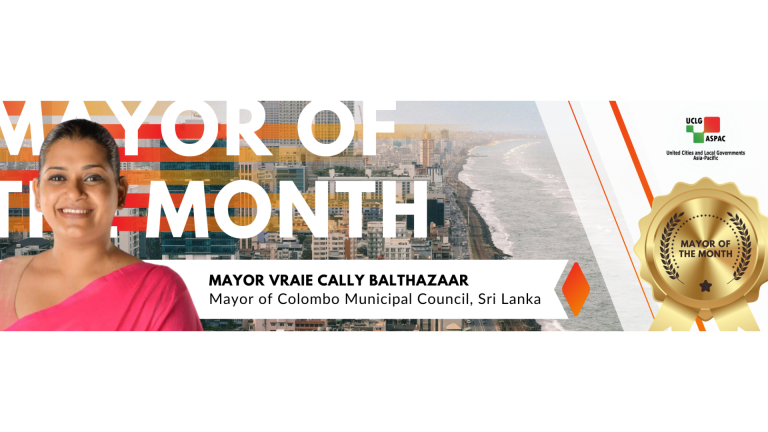TOURISM is one of many sectors hit hardest by the COVID-19 pandemic. Becoming one of the main local revenue generators, tourism is the important sector local governments need to soon recover in order to support local economic development. Responding to this situation, LOCALISE SDGs, the UCLG ASPAC – APEKSI collaborative programme funded by the European Union, helped local governments, particularly in Indonesia, to link and further collaborate through Virtual Discussion and Virtual Match Making events, which revealed interesting practices on promoting tourism destinations in the “New Normal Era.”
Located in West Sumatera, Sawahlunto declares itself as a city of creative tourism. After closing down its tourist destinations for almost three months, Sawahlunto re-opened their destinations by strictly applying health protocol. To mobilise more visitors, Sawahlunto also utilised virtual tour to promote the city and cast doubts by showing strict health protocols that they apply. Mayor of Sawahlunto, Mr. Deri Asta, stated that some of the tour participants then confidently decided to plan the trip to Sawahlunto.
The positive tone on digital tourism also came from other players: Atourin and Wisata Kreatif Jakarta, two virtual tour providers. Co-Founder Atourin shared that they have served 650 participants on their virtual tour and trained 433 tour guides to be familiar with the virtual tour concept. He stated that virtual tourism has its place in the future, as there is growing interest from the public as the virtual tour is not merely as physical tour substitution but more as a platform to find proper information for their future trip.
PT. Kereta Api Pariwisata (kawisata), the subsidiary company of Indonesia Railway Company (PT KA Indonesia), stated that they view digital tourism as a tool to promote available tour packages of various cities in Indonesia. They also wanted to promote virtual tours of other providers in their digital platforms.
These stories tell us that pandemic has opened opportunity for tourism to appear in digital platform. Benefits are received not only by the tour providers but also the destinations. This will positively impact the recovery of local economy.
Digital tourism is the real representation of SDGs implementation in Indonesia, particularly Goal 8 (By 2030, devise and implement policies to promote sustainable tourism that creates jobs and promotes local culture and products) and Goal 9.c (Significantly increase access to information and communications technology and strive to provide universal and affordable access to the Internet in least developed countries by 2020).
LOCALISE SDGs is the UCLG ASPAC – APEKSI collaborative programme funded by the European Union. Standing for Leadership Ownership and Capabilities for Agenda 2030 Local Implementation and Stakeholder Empowerment, LOCALISE SDGs focuses on capacity building of local governments in Indonesia (including 14 target areas and 16 provinces) in localising sustainable development goals.











